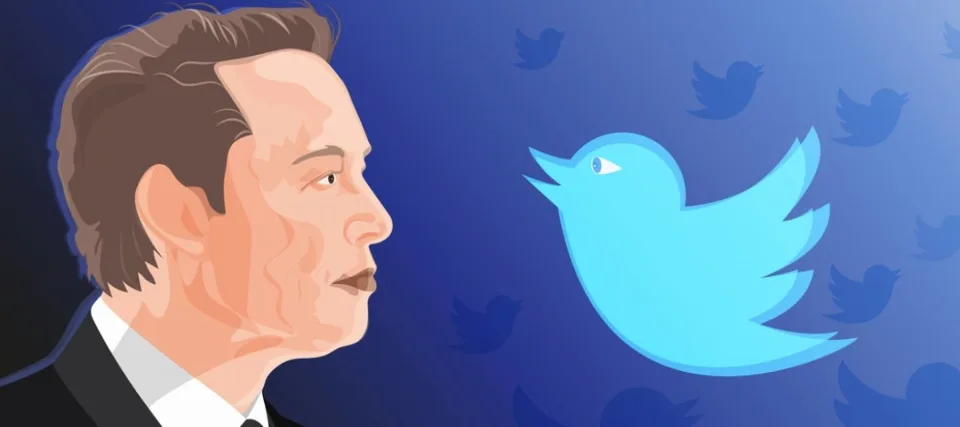
If you are a Twitter employee who has a satisfying work-life balance, you may not want to hear what the new boss has to say.
Elon Musk has completed his acquisition of Twitter, despite saying that he overpaid for the company. And now, he’s finding ways to reduce expenditures at the social media giant.
The billionaire entrepreneur cut close to 3,700 jobs at Twitter, or half of the workforce, via email last week.
Musk has also removed Twitter’s “Days of rest” — monthly days off for employees to rest and recharge — in his push to implement a “24/7” work culture.
Additionally, Bloomberg reported that Musk plans to end the company’s remote work policy and ask remaining employees to return to the office full-time.
If you like what Musk is doing to improve efficiency and reduce costs at Twitter, unfortunately, you can no longer invest in it. The company is now private.
But you can still invest alongside Elon Musk — here’s a look at how.
Cryptocurrency
Once considered a niche asset, cryptocurrency has now entered the mainstream. A study from the CFA Institute earlier this year showed that 94% of state and government pension plans have invested in cryptocurrencies.
Of course, many investors learned about cryptocurrencies’ volatility the hard way through this year’s massive pullback. For instance, bitcoin — the largest cryptocurrency in the world — is down 56% so far in 2022.
Musk has been one of the more outspoken proponents of cryptocurrency.
“I still own & won’t sell my Bitcoin, Ethereum or Doge fwiw,” he said in a tweet earlier this year.
There are plenty of platforms that allow you to invest in crypto. Just be aware of fees: many exchanges charge up to 4% in commission fees just to buy and sell crypto. But some investing apps charge 0%.
Real estate
In the same tweet where Musk shared his view on crypto, he also discussed the importance of owning “physical things” in an inflationary environment.
“As a general principle, for those looking for advice from this thread, it is generally better to own physical things like a home or stock in companies you think make good products, than dollars when inflation is high.”
Despite the Fed’s aggressive rate hikes, real estate remains a popular asset. The S&P CoreLogic Case-Shiller 20-City Composite Home Price NSA Index is up 13% over the past year.
As the price of raw materials and labor goes up, new properties are more expensive to build. And that drives up the price of existing real estate.
Well-chosen properties can provide more than just an inflation hedge. Investors also get to earn a steady stream of rental income.
But you don’t need to be a landlord to start investing in real estate. There are plenty of real estate investment trusts (REITs) as well as crowdfunding platforms that can get you started on becoming a real estate mogul.
Tesla (TSLA)
As a serial entrepreneur, Musk has created quite a few successful businesses. But he is best-known as the co-founder and CEO of EV maker Tesla.
According to Bloomberg, Musk’s biggest asset at the moment is Tesla equity.
While Tesla stock hasn’t been a hot commodity — shares are down a painful 45% year to date — it remains a behemoth in the automotive industry. With a market cap of around $680 billion, Tesla is several times bigger than Ford and General Motors combined.
And despite the stock’s downturn, business is still heading in the right direction.
In Q3, Tesla delivered 343,830 EVs (18,672 Model S/X and 325,158 Model 3/Y). The amount represented a 42% increase year over year.
The company has substantially ramped up its production, too. In Q3, it produced 365,923 EVs (19,935 Model S/X and 345,988 3/Y), or 54% more than its production in the year-ago period.
Wall Street also sees upside in Tesla shares. For instance, Morgan Stanley analyst Adam Jonas has an ‘overweight’ rating on Tesla and a price target of $330 — roughly 51% above where the stock sits today.


























